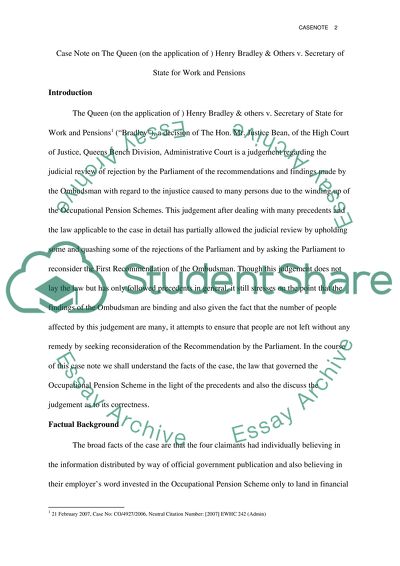Cite this document
(“Casenote Case Study Example | Topics and Well Written Essays - 1000 words”, n.d.)
Casenote Case Study Example | Topics and Well Written Essays - 1000 words. Retrieved from https://studentshare.org/law/1509509-casenote
Casenote Case Study Example | Topics and Well Written Essays - 1000 words. Retrieved from https://studentshare.org/law/1509509-casenote
(Casenote Case Study Example | Topics and Well Written Essays - 1000 Words)
Casenote Case Study Example | Topics and Well Written Essays - 1000 Words. https://studentshare.org/law/1509509-casenote.
Casenote Case Study Example | Topics and Well Written Essays - 1000 Words. https://studentshare.org/law/1509509-casenote.
“Casenote Case Study Example | Topics and Well Written Essays - 1000 Words”, n.d. https://studentshare.org/law/1509509-casenote.


